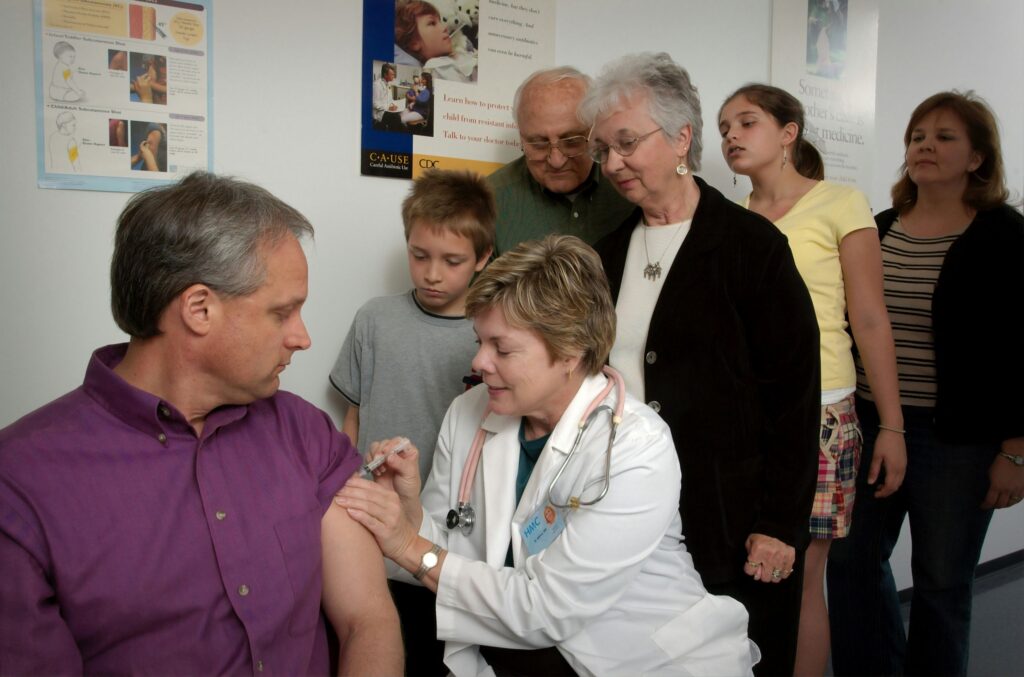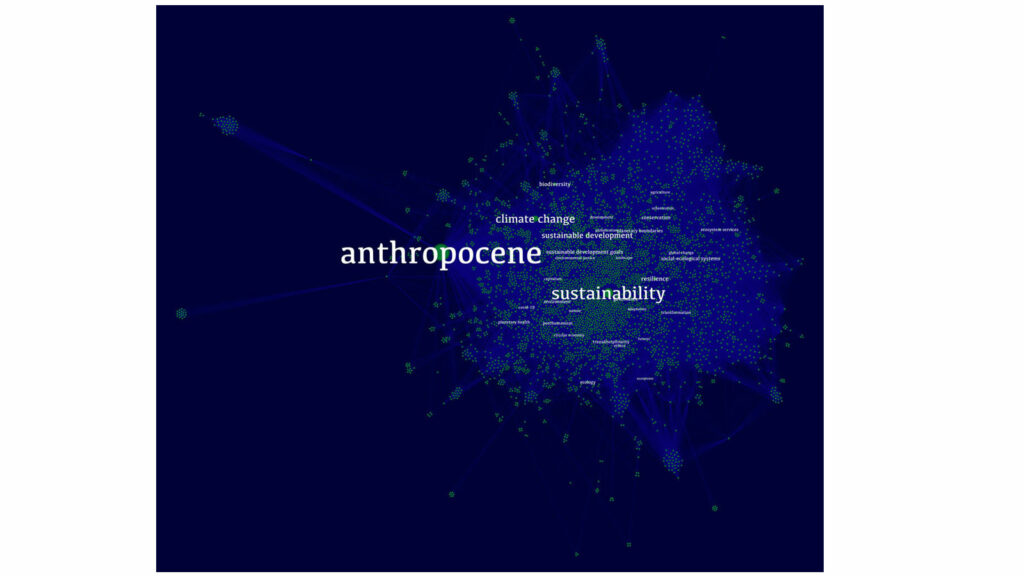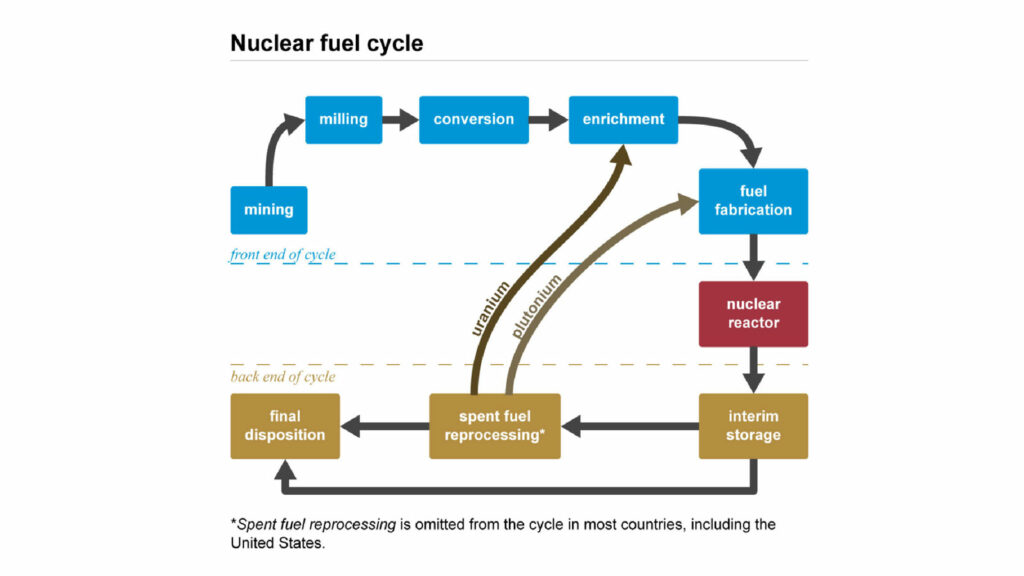STS and public health after Trump: putting values in their right place

by Klaus Hoeyer, Henriette Langstrup and Allan Krasnik
Liveable Futures: a guiding concept for knowledge infrastructures

Liveable futures1 bring into question the conditions that make human and more-than-human lives possible and provide these with prospects. Such futures are made of multiple elements, including knowledge infrastructures (KIs). Knowledge infrastructures, by creating and recreating objects, categories and relations, make important contributions to frameworks that make some forms of life intelligible, and other forms […]
Friction Takes Center Stage in Science Communication: Theater Dialogues of Dissent

by Willemine Willems, Keje Boersma, Jaron Harambam, Tessa Roedema, Esther de Weger
Democratic Deficit of the Nuclear

Introduction: Democracy – thin or thick? Liberal representative democracies, as seen throughout Europe and other parts of the Global North, have been critiqued by deliberative democrats and STS researchers for both general and specific reasons. Generally, Dryzek (2000; 2013) claims liberal democracy is ‘thin’ with respect to who participates, the scope of the issues it […]
MetaROR – a new form of scholarly publishing and peer review for STS
by Wolfgang Kaltenbrunner, Ludo Waltman, Adrian Barnett, Jennifer Byrne, Jason M Chin, Alex Holcombe, Stephen Pinfield, Simine Vazire, James Wilsdon
Being, doing, and using STS in Germany? Reflections on identity questions, normative commitments, and conceptual work after STS-hub.de 2023
by Mareike Smolka, Maximilian Braun, Carla Greubel, Philipp Neudert, Cindy Rentrop, Lisa Wiedemann
Scientific integrity in-action: How to follow STS reflexivities after MeToo_Academia, and especially #MeTooSTS
by Melpomeni Antonakaki .
Can dark sky tourism benefit indigenous communities in Namibia?
by Sisco Auala, Hannah Dalgleish.
Thoughts on Future STS
by Jarita Holbrook
Affordances, affects, and animosities: Exploring research cultures
by Knut H. Sørensen